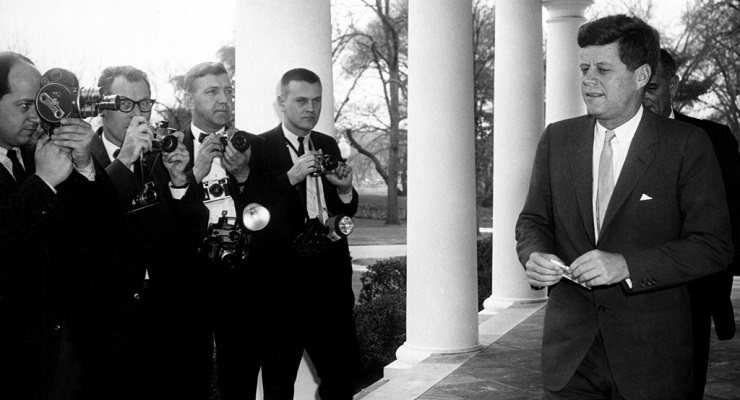
This article by Walter Shapiro is published by Brennan Center for Justice. Here is an excerpt:
Long before the first early vote was cast in the November 2020 general election, the lengthy campaign season offered its own challenges to fairness and democracy. None of them were as dramatic or injurious to democratic norms as the post-election assault on the legitimacy of Joe Biden’s election. But this does not mean that the rest of the 2020 campaign should fade away without serious analysis and discussion of potential avenues for reform.
Little in American political life is as ad hoc as the way that we nominate presidential candidates. Over the last six decades, the transformation in how we choose presidents has been based on happenstance as much as rational design. There is no good reason, for example, why the campaign calendar should begin with the unrepresentative Iowa caucuses, other than that Jimmy Carter put them on the political map in 1976 with his surprise win after intense campaigning.
As a result, and to the detriment of our democracy, many aspects of the system reflect the law of unintended consequences. Southern Democrats created the first Super Tuesday in 1984 by grouping together their states’ primaries in an effort to encourage the nomination of a moderate like Ohio Sen. John Glenn. Instead, the Democrats nominated liberal Walter Mondale. But the front-loading of the primary calendar has become a quadrennial tradition as states — in a desperate effort for relevance — cluster their primaries on the same dizzying Tuesday in early March.
Read the full article here. Also, see related Democracy Chronicles articles like those on the Founding Fathers, Election History, or even seen our section on American Democracy.
Leave a Reply